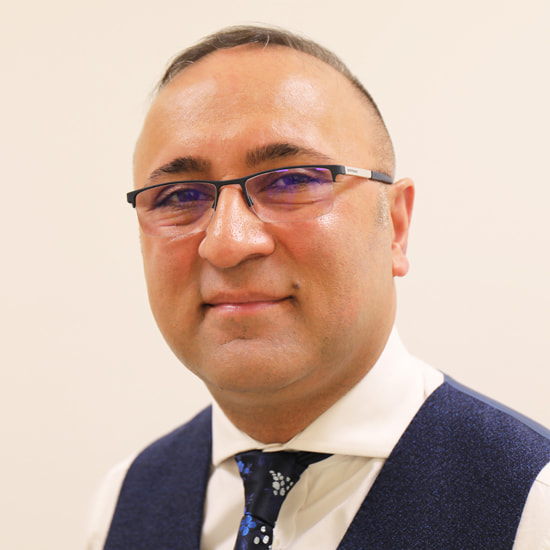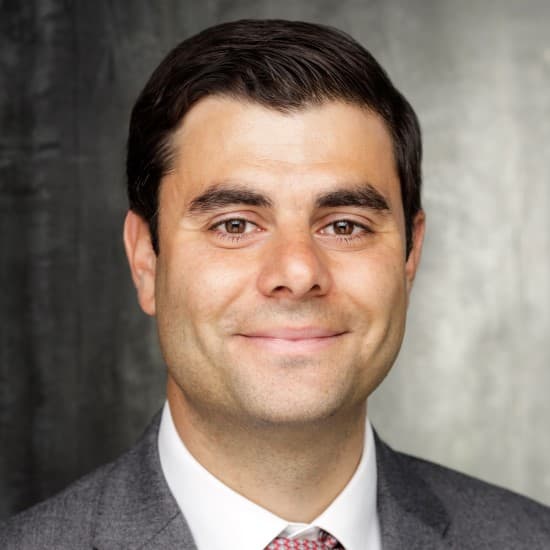Enlarged prostate
An enlarged prostate is very common in men over the age of 50, and symptoms can vary greatly in severity.
What is enlarged prostate?
An enlarged prostate is where the prostate, a small gland found near a man's bladder, increases in size. The condition tends to affect men over the age of 50, and although it can cause problems, an enlarged prostate is not usually a serious threat to a man’s health.
The medical term used for an enlarged prostate is benign prostatic enlargement or BPE . The word ‘Benign’ means non-cancerous. Having an enlarged prostate doesn’t mean you have prostate cancer, or that you are at a greater risk of developing cancer.
The symptoms of an enlarged prostate are similar to the symptoms associated with prostate cancer. This is why it’s important to look out for signs and symptoms, and seek medical advice if you experience any of the following:
- finding it difficult to start peeing
- having a weak flow of urine
- “stop-start” peeing
- needing to pee urgently and/or more regularly than usual
- needing to get up frequently in the night to pee
- accidentally leaking urine (urinary incontinence)
Not everyone with an enlarged prostate will experience symptoms, and some people’s symptoms will be so mild that they don’t affect their life. The important thing is to be aware of the symptoms and if you are experiencing any, seek medical advice.
You are more likely to develop an enlarged prostate if you are over the age of 50, with the risk increasing as you get older.
Research also indicates that genetics may play a part and you are more at risk of developing an enlarged prostate if your father or brother has one.
Diagnostic tests for enlarged prostate
If you are experiencing symptoms, contact your GP. They can assess you and carry out different tests. These might include blood tests and a rectal examination, where they can feel your prostate gland through the wall of your bottom (rectum).
They may also carry out a PSA (Prostate Specific Antigen) test to rule out prostate cancer. A PSA test measures the level of prostate-specific antigen, a protein made only by the prostate gland. If you have an elevated PSA level, this is indicative of prostate cancer.
Depending on the outcomes of these tests and severity of your symptoms, your GP might refer you on to consultant urologist for further tests and treatment.
Medication for enlarged prostate
You may be offered different medicines to help ease your symptoms. The main types of medicine for an enlarged prostate are:
- alpha-blockers – these drugs help to relax the muscles in the prostate and around the opening of the bladder, making it easier for you to urinate.
- 5-alpha reductase inhibitors – these drugs slowly shrink the prostate so that it stops pressing on the urethra (the tube that carries urine out of the body) making it easier to pee. They can also shrink the prostate when taken long-term, further alleviating symptoms.
Transurethral resection of the prostate (TURP) is a surgical procedure that involves removing part of the prostate gland to alleviate the urinary symptoms associated with an enlarged prostate.
The procedure is usually carried out using a device called a resectoscope. This is a small metal tube containing a light, camera and loop of wire. The surgeon will insert the resectoscope into your urethra (the tube that carries urine out of the body) before directing it to the enlarged area of your prostate, with the help of the light and the camera. Then, an electric current is used to heat the loop of wire, and this is used to cut away a section of your prostate.
TURP has been traditionally been regarded as the most effective treatment for an enlarged prostate, but there have recently been a surge in new minimally invasive procedures being developed, which are just as effective and tend to have less side effects.
Prostate laser surgery is used to relieve the urinary symptoms caused by an enlarged prostate (also known as benign prostatic hyperplasia). These symptoms can include difficulty starting to pee, frequent needing to pee and difficulty fully emptying your bladder.
During prostate laser surgery, your consultant will insert a scope through the tip of your penis into the tube that carries urine from your bladder (your urethra). A laser is then passed through the scope and uses concentrated light and energy to shrink or remove the excess prostate tissue that is causing the issues with peeing.
At the Cromwell we offer two types of laser surgery to treat an enlarged prostate. They work in slightly different ways, and which one is right for you will depend on your personal circumstance:
- GreenLight laser surgery – the laser is directed through the urethra and up to the level of the prostate, where it then quickly and gently vapourises (destroys) the surplus prostate tissue, without harming other healthy tissue
- Holmium laser enucleation of the prostate (HoLEP) – the laser is used to cut and remove the excess tissue that is blocking the flow of urine. Another instrument is then used to cut the prostate tissue into little pieces that can then be safely removed.
As laser surgery is a minimally invasive procedure, your surgeon can remove a large amount of tissue without any incisions on the body, decreasing the risk of blood and healthy tissue loss. It also means that your hospital stay is short, and you should recover faster, when compared to traditional treatments for an enlarged prostate.
This procedure uses steam to remove the enlarged part of your prostate. The steam is delivered to your prostate using an instrument inserted through your urethra, the steam energy then destroys the obstructive prostate tissue causing the urinary symptoms.
The procedure often lasts less than ten minutes and generally you will be in and out of hospital within one day.
We are one of the few hospitals in the UK to perform this innovative new procedure outside of a clinical trial setting.
Aquablation is an effective enlarged prostate treatment that uses a heat-free waterjet to remove the obstructing prostate tissue, which improves urinary function. The procedure provides long-lasting relief and benefits from a very low rate of irreversible complications.
The Aquablation service at Cromwell Hospital is run by Mr Neil Barber, Consultant Urological Surgeon, who introduced the procedure to the UK in 2019.
Why choose us?
At Cromwell Hospital, you can expect:
- rapid access to safe and effective treatments
- leading consultant urologists and a clinical nurse specialist to guide you through each step of the process
- access to the latest innovative treatments, which aim to minimise side effects and maximise quality of life
Private urologists in London
There are a wealth of treatment options available and sometimes it can be difficult to know which would be the most suitable for you. Our consultants will talk to you about your options and provide a recommended, personalised treatment plan based on your individual situation.
Showing 1-6 of 10

Mr Neil Barber
Consultant Urological Surgeon
Urology, Enlarged prostate, Robotic surgery, General
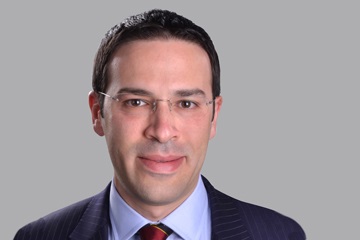
Mr Tamer El-Husseiny
Consultant Urological Surgeon
Urology, General, Urinary tract stones
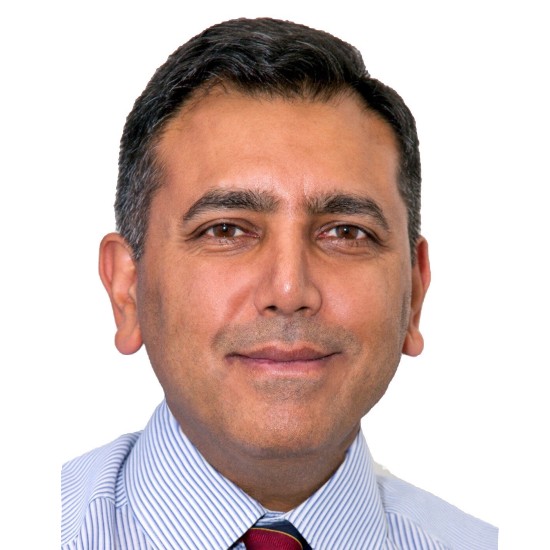
Professor Asif Raza
Consultant Urological Surgeon
Urology, General, Urinary tract stones
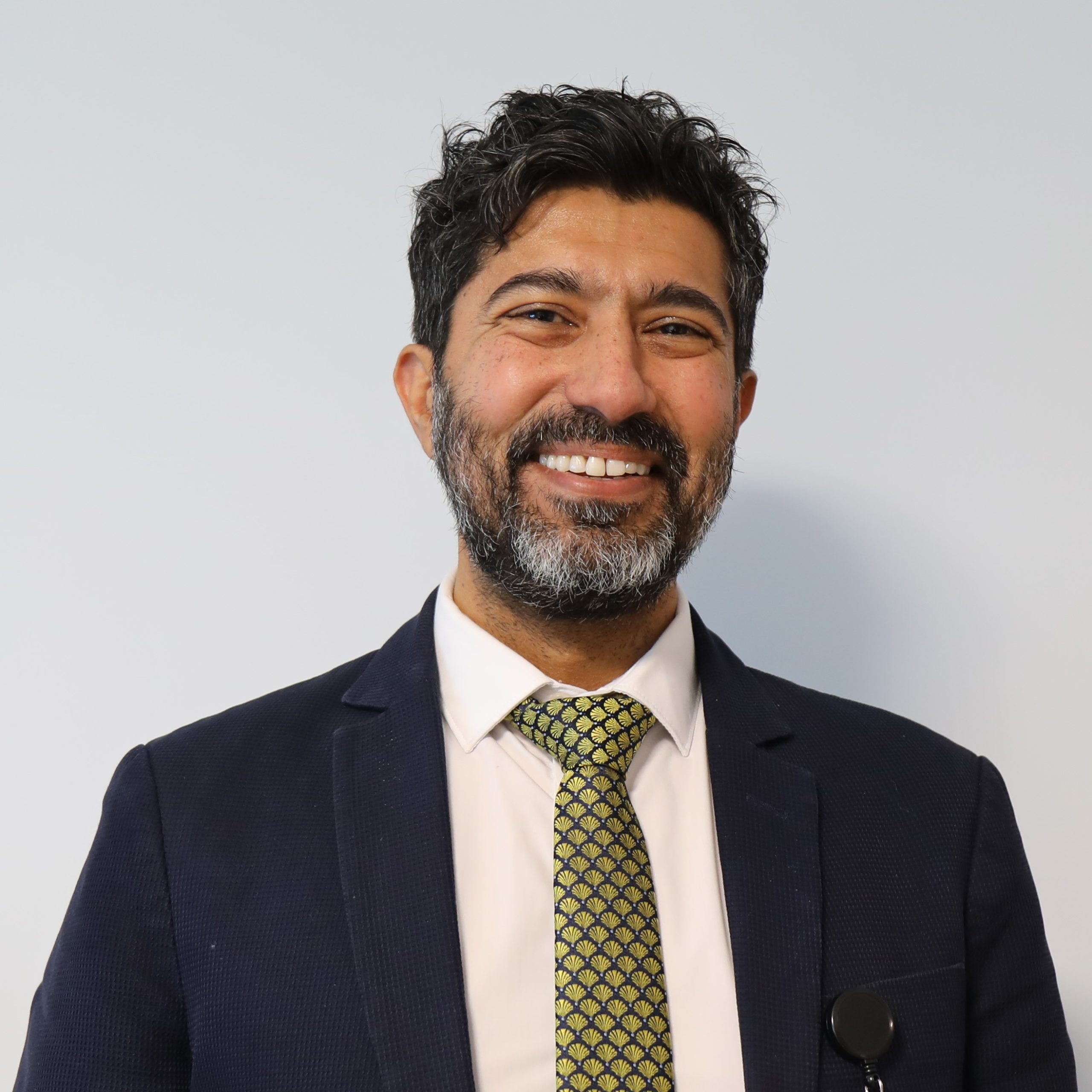
Professor Rakesh Heer
Consultant Urological Surgeon
Urology

Miss Jean McDonald
Consultant Urologist
Urology, General, Urinary tract stones

Miss Stella Ivaz
Consultant Urological Surgeon
Urology, Andrology, General, Female urology, Reconstructive surgery
Paying for your treatment
We welcome both self-paying and insured patients.
Self-pay patients
We offer several ways for patients to self-pay, including pay-as-you-go and self-pay packages.
Insured patients
At Cromwell Hospital, we accept private health insurance from most major providers, including AXA, Aviva, Bupa, and Vitality.
Our locations

Book an appointment today
Our telephone lines are open 8am to 8pm Monday to Friday, and 8am to 2pm Saturdays.
Please note - regrettably we are unable to answer specific medical questions or offer medical advice via internet, email or telephone.

